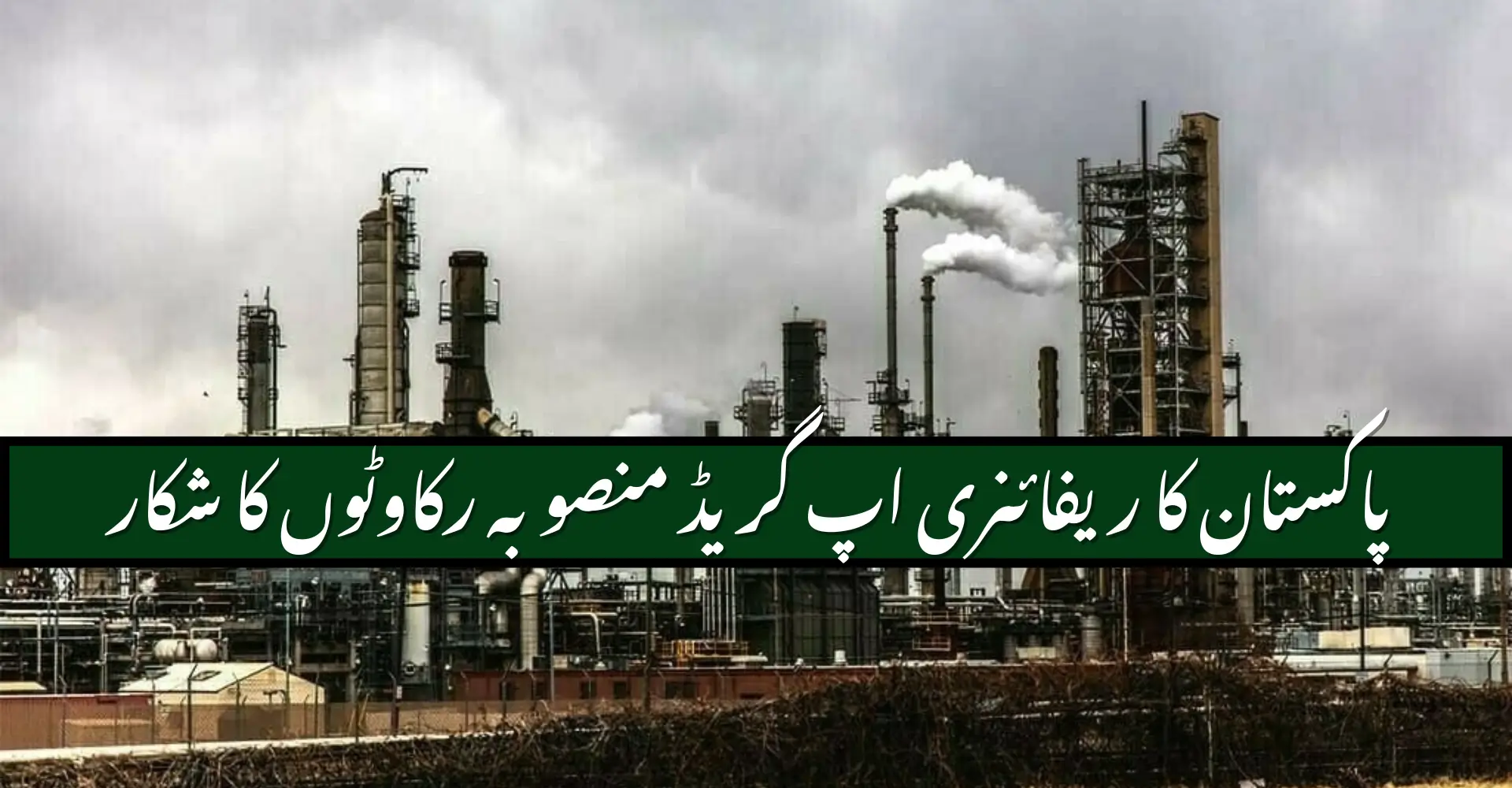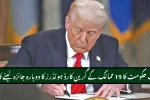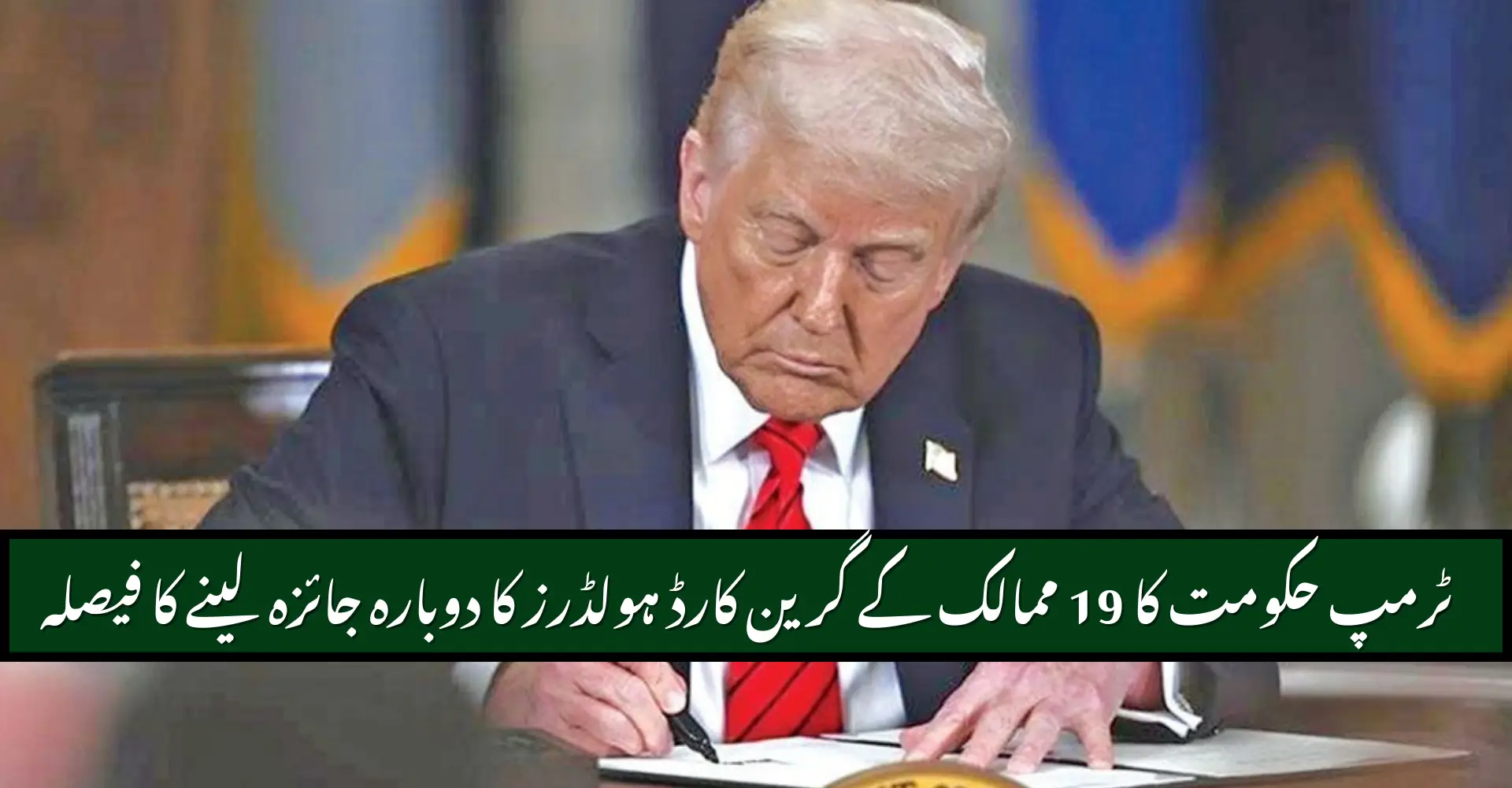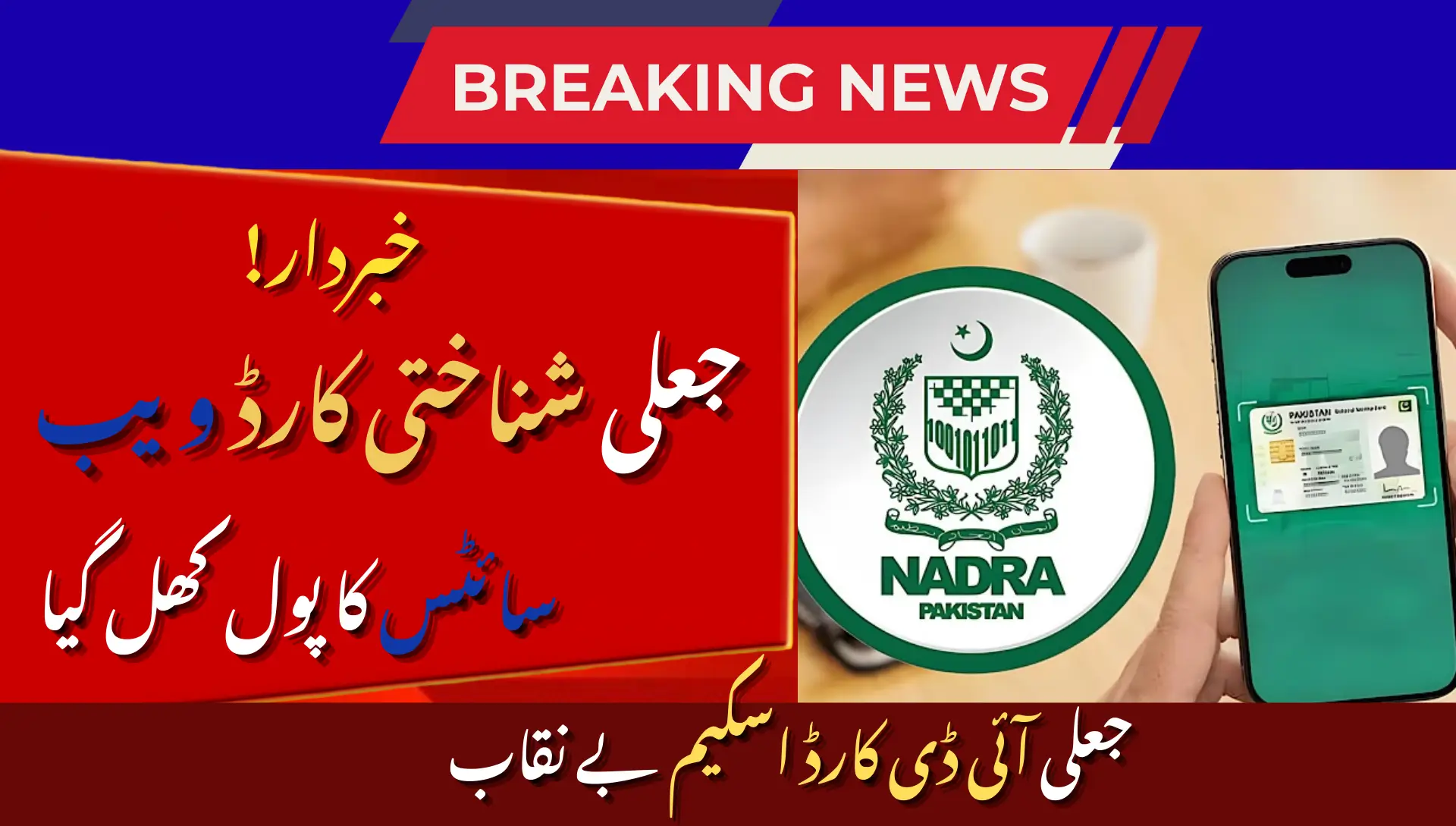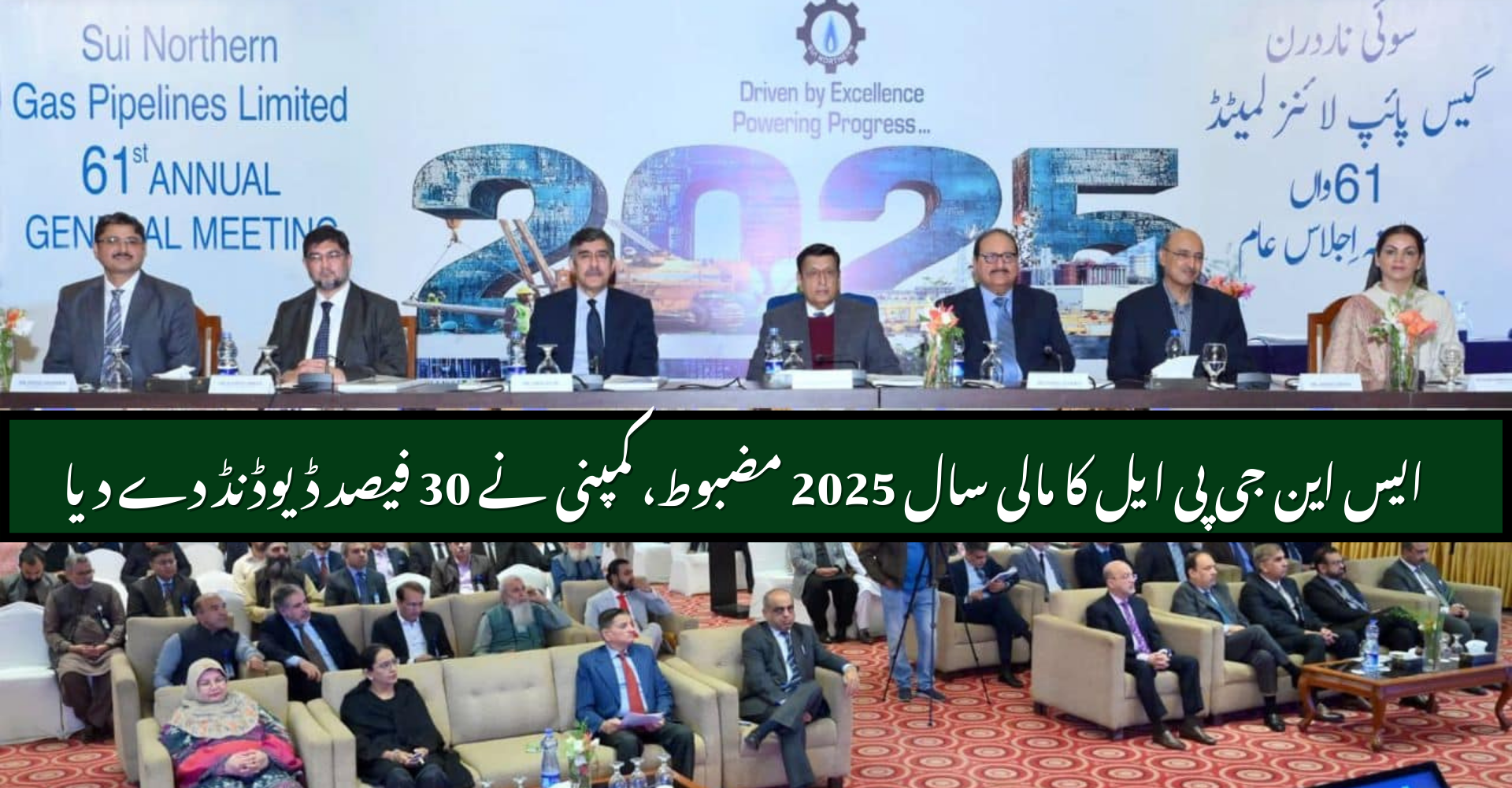IMF Stance on Sales Tax Exemption: Pakistan’s $6B Refinery Upgrade Faces 2025 Roadblock. Pakistan’s $6 billion refinery upgrade plan has hit a major bottleneck in 2025, and the core issue is the IMF stance on sales tax exemption. Investors, refineries, and policymakers are all asking the same question: How can the oil sector modernize when the tax framework itself is stuck? This article breaks down the full situation, policy clash, and what comes next.
IMF Stance on Sales Tax Exemption: Why Pakistan’s Refinery Upgrade Is Stuck in 2025
The Origin of the Deadlock — What Triggered the IMF Pushback?
The conflict began when the Finance Bill 2025 introduced a sales tax exemption on petrol, diesel, kerosene, and light diesel oil. While it may have been a temporary political move, the economic consequences were far deeper.
Why Exemptions Hurt Refinery Investments
Sales tax exemptions eliminated input tax adjustments, which refineries rely on to recover operational and upgrade-related costs. Without these adjustments:
- Captive finances get blocked
- Upgrade plans become non-viable
- Profit margins shrink
- Investor confidence drops
A senior Petroleum Division official summed it up: “The IMF experts gave no relief.”
IMF’s Position — Apply Standard GST or No Deal
Contrary to expectations, the IMF said it had no objection to removing the exemption — but made one condition absolutely non-negotiable:
IMF Wants 18% GST on All Petroleum Products
The Fund insists Pakistan must:
- Apply full 18% GST on petrol, diesel, kerosene, LDO
- Stop creating preferential exemptions
- Maintain a uniform tax structure
Why the IMF Refuses Compromise
According to economic experts, the IMF’s stance is rooted in:
- Tax transparency
- Revenue predictability
- Provincial revenue sharing mechanisms under NFC
- Prevention of leakages
For the IMF, partial GST (0–3%) is simply “bad policy architecture.”
The Price Shock Problem — Why GST on Fuel Is Politically Impossible
If Pakistan implements 18% GST on fuel, prices may increase dramatically.
Estimated Impact on Consumers
Experts estimate:
- RS 50 per litre increase in petrol
- Similar RS 50 per litre jump in diesel
Such a surge could:
- Intensify inflation
- Trigger public backlash
- Increase logistics and transport costs
- Slow down GDP growth
- Raise political instability
IMF’s Counterproposal — Reduce Petroleum Levy
To offset the GST shock, the IMF suggested:
- Apply 18% GST fully
- Reduce petroleum levy by Rs 50 per litre
Why Islamabad Rejected the Proposal
Because:
- GST is shared with provinces
- Petroleum levy is federal revenue
If levy drops, Islamabad loses money while provinces gain — not an acceptable trade-off for the federal government.
Government’s Temporary Fix — But Not a Real Solution
With no breakthrough in sight, the government recently increased the:
Inland Freight Equalisation Margin (IFEM)
- Increase: Rs 1.87 per litre
- Purpose: Help refineries recover part of their losses
- Total losses from exemption: Rs 35 billion
Why Refiners Call IFEM a “Cosmetic Patch”
Because IFEM:
- Doesn’t restore input tax adjustments
- Doesn’t support long-term upgrades
- Doesn’t fix policy uncertainty
- Is not large enough to offset billions in losses
Refineries argue it’s a temporary bandage on a deep structural wound.
The Brownfield Refinery Policy 2023 at Risk
One of the biggest victims of the ongoing deadlock is the Brownfield Refinery Policy 2023.
Key Targets of the Policy
The policy aimed to modernize Pakistan’s outdated refining infrastructure by achieving:
- Euro-V compliance within 7 years
- Doubling petrol production
- 50% increase in diesel output
- 80% reduction in furnace oil production
- Cleaner, more efficient nationwide fuel supply
Investment Freeze
Because of the tax dispute:
- Only Pakistan Refinery Limited (PRL) signed the implementation agreement
- All other major refineries suspended their commitments
- No forward movement on multi-billion-dollar upgrades
- International investors are waiting for tax clarity
This stalls Pakistan’s energy security ambitions and long-term export potential.
What Happens Next? — The Revised Policy Plan for 2025
With the 2025 pipeline stuck, the government is drafting a Revised Brownfield Refinery Policy aimed at:
- Restoring refinery confidence
- Ensuring IMF compliance
- Protecting revenue streams
- Finalizing a workable GST model
- Unlocking pending investments
Energy experts believe the next national budget may be the earliest realistic window for resolution.
IMF vs Government Stance (2025)
| Policy Element | IMF Position | Government Position |
|---|---|---|
| GST on petroleum | 18% across all products | 0–3% partial GST |
| Petroleum levy | Reduce by Rs 50 | Maintain current levy |
| Revenue ownership | GST shared with provinces | Levy belongs to federal govt |
| Sales tax exemption | Remove immediately | Remove only if partial GST allowed |
| Refinery losses | No special relief | Wants adjustment support |
| Upgrade policy | Must be tax-neutral | Needs structured incentives |
FAQs
Why has Pakistan’s $6 billion refinery upgrade been delayed?
Because the IMF rejected Pakistan’s proposal to maintain a partial GST exemption on petroleum products, blocking input tax adjustments needed for refinery investments.
What is the IMF’s stance on Pakistan’s sales tax exemption?
The IMF wants Pakistan to apply a full 18% GST on all petroleum products and remove all exemptions.
How much could fuel prices increase under IMF conditions?
Fuel prices may rise by approximately Rs 50 per litre, making the proposal politically difficult.
What is the Brownfield Refinery Policy 2023?
It’s a government plan to modernize Pakistan’s refineries to Euro-V standards, boost fuel output, and reduce furnace oil dependence.
Which refineries have agreed to the upgrade plan?
Only Pakistan Refinery Limited (PRL) has signed an official implementation agreement; others are waiting for tax clarity.
Conclusion
The IMF stance on sales tax exemption has become the biggest obstacle to Pakistan’s $6 billion refinery upgrade plan in 2025. Until the government and IMF agree on a unified GST and levy structure, investors will remain cautious and refinery modernization will remain stalled.

